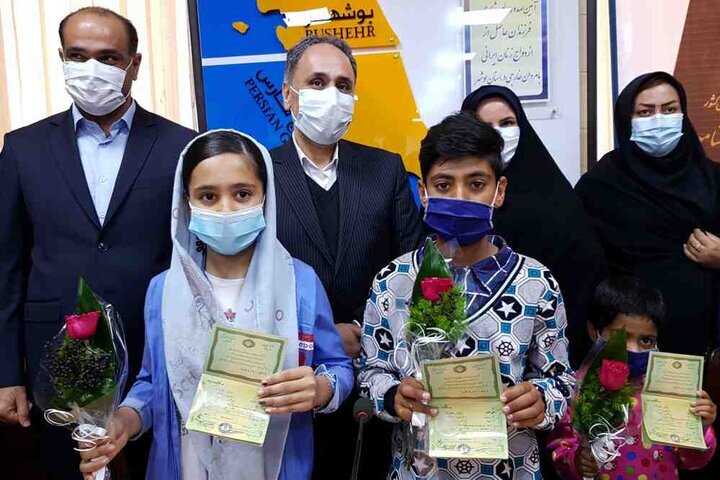Over 5,000 ID cards issued for children born to Iranian women, foreign men

TEHRAN – Iranian identity cards have so far been issued to over 5,000 children born to Iranian mothers and foreign fathers, Mehdi Mahmoudian, deputy minister of interior for foreign citizens and immigrants, said on Monday.
Under a new nationality law, which was amended in 2019, nearly 75,000 children at risk of becoming stateless are eligible for Iranian citizenship which allows children under 18 years to apply for identity documents.
The first group obtained their Iranian nationality and Iranian identity booklet (shenasnameh) in November 2020.
According to Mahmoudian, 29,737children below the age of 18 years have filed applications to receive birth certificates and ID cards.
Although Iran is not a party to the UN Conventions on Statelessness, the country is taking steps towards the reduction of statelessness.The provinces of Sistan and Baluchestan, Tehran, and Khorasan Razavi have the highest number of applications for birth certificates for children born to Iranian women married to foreign men, he further stated, ILNA reported.
According to the law, children of Iranian women and non-Iranian men who were born before or after the law can be Iranian citizens in case the Iranian mother requested if they have no security problem before the age of 18.
These children, after reaching the age of 18, can apply for Iranian citizenship if not requested by the mother, then will be granted Iranian citizenship in case of no security problem.
The United Nations High Commissioner for Refugees also has welcomed the law as a step toward reducing statelessness around the world.
UNICEF also welcomed the implementation of the Iranian nationality law.
Although Iran is not a party to the UN Conventions on Statelessness, the Government of Iran is taking steps towards the prevention and reduction of statelessness in the country.
While the law does not give mothers and fathers equal rights to confer nationality to their children, it represents significant progress.
Statelessness: a global issue
Around the world, stateless people can face a lifetime of exclusion and discrimination and are often denied access to education, health care, and job opportunities – making them vulnerable to exploitation and abuse.
Worldwide, statelessness affects millions of people, leaving them without the basic rights and official recognition that most of us take for granted. Some 3.9 million stateless people appear in the reporting of 78 countries, but UNHCR believes the true total to be significantly higher.
“No child chooses to be stateless,” said Ivo Freijsen, UNHCR Representative in Iran last year. “Without identity and official documents, stateless people are often excluded from society. The Government of Iran is leading by example through its new law. It is a hugely positive move for these children and their families.”
FB/MG
